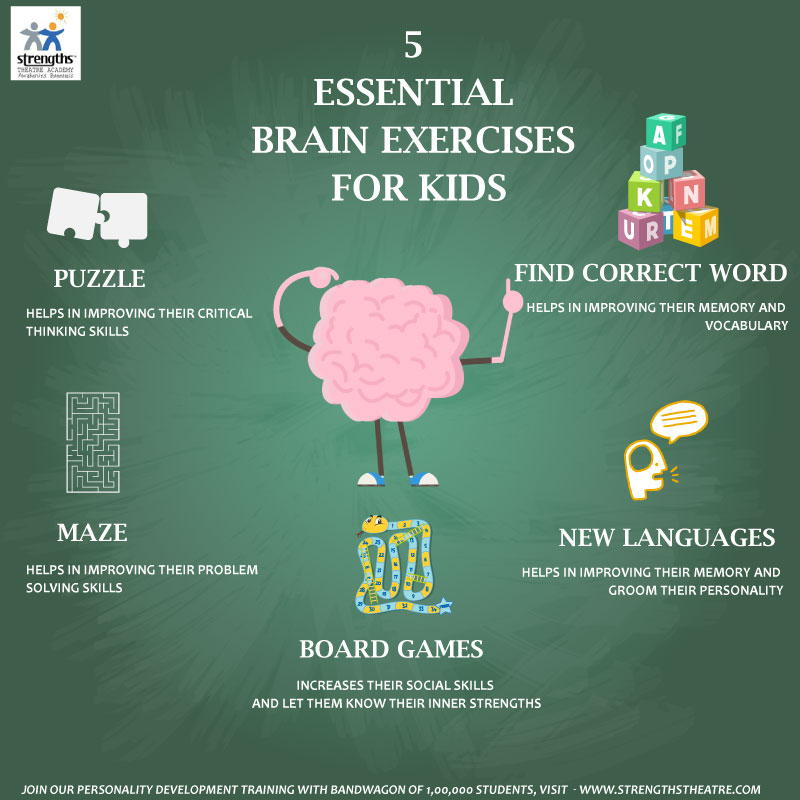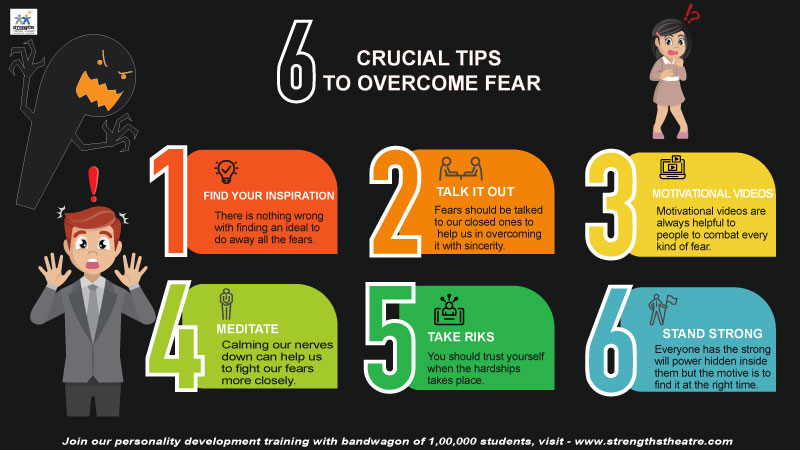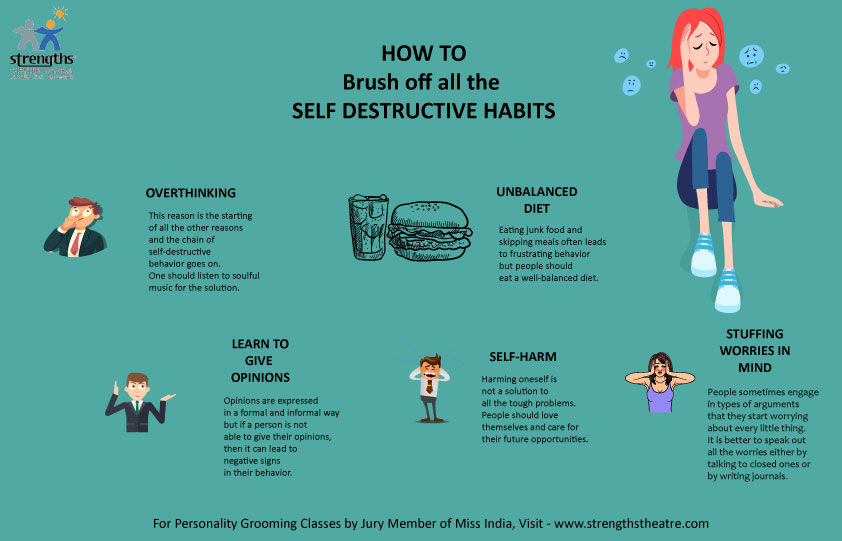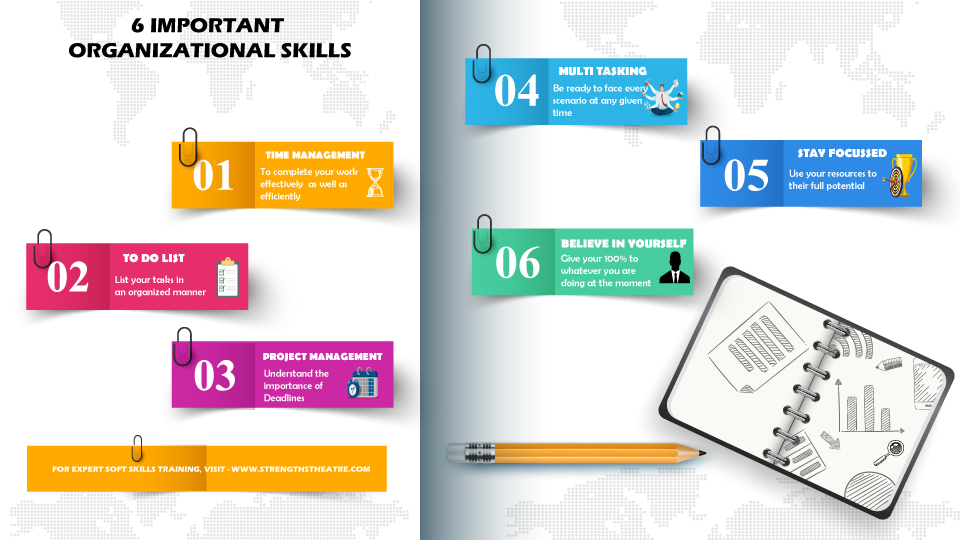In the dynamic landscape of today’s professional world, the significance of effective work relationship management cannot be overstated. As businesses evolve, the importance of fostering strong connections among team members and collaborators becomes a critical factor in achieving success. Work Relationship Management (WRM) is not just a buzzword; it’s a strategic approach that can transform the way organizations operate. In this article, we’ll delve into the myriad benefits of Work Relationship Management and how it contributes to a thriving and efficient work environment.
Understanding Work Relationship Management:
Work Relationship Management involves the strategic cultivation and maintenance of positive relationships within and outside an organization. It encompasses interactions between colleagues, teams, clients, stakeholders, and even competitors. At its core, WRM aims to create an atmosphere of collaboration, trust, and mutual understanding, laying the foundation for enhanced productivity and innovation.
Benefits of Work Relationship Management:
- Improved Communication:
Effective communication is the cornerstone of any successful organization. WRM facilitates clear and open lines of communication between team members, departments, and even external partners. When individuals understand each other’s perspectives and goals, it minimizes misunderstandings and fosters a more cohesive work environment.
2. Enhanced Team Collaboration:
In a world where collaboration is key, WRM promotes a culture of teamwork and shared objectives. When individuals feel connected and valued, they are more likely to collaborate seamlessly, leading to the creation of high-performing teams. This synergy results in increased innovation and problem-solving capabilities.
Visit: how to read body language
3. Increased Employee Engagement:
Work Relationship Management plays a pivotal role in employee engagement. Employees who feel a sense of belonging and camaraderie are more likely to be motivated and committed to their work. This, in turn, leads to higher productivity, lower turnover rates, and an overall positive workplace atmosphere.

4. Strengthened Leadership:
Leaders who actively practice WRM are better equipped to understand the strengths and weaknesses of their team members. By fostering strong relationships, leaders can tailor their management approach to the unique needs of each individual, creating a more supportive and empowering leadership style.
5. Client and Stakeholder Satisfaction:
WRM is not limited to internal relationships; it also extends to clients and stakeholders. Building and maintaining strong connections with clients and stakeholders increases satisfaction, trust, and loyalty. Satisfied clients are more likely to become repeat customers and advocates for your business. Invest in yourself with our tailored personality development training program. Sharpen your leadership skills, enhance emotional intelligence, and embark on a transformative journey toward personal and professional excellence.

6. Conflict Resolution:
In any workplace, conflicts are inevitable. WRM provides a framework for addressing and resolving conflicts constructively. Through effective communication and understanding, conflicts can be transformed into opportunities for growth and improvement, rather than sources of tension.
7. Adaptability and Innovation:
A workplace with strong relationship management is inherently more adaptable to change. Teams that communicate well and trust each other are more likely to embrace innovation and adapt to new challenges. This adaptability is crucial in today’s fast-paced business environment.
Visit: top career goals
8. Increased Trust and Credibility:
Trust is the bedrock of any successful relationship, and the workplace is no exception. WRM builds trust among team members and with external partners. A trustworthy workplace is perceived as credible and reliable, both internally and externally. Shape the best version of yourself through our dynamic personality development course. Master the art of effective communication, refine your interpersonal skills, and build the charisma needed to leave a lasting impression in any situation.
Conclusion:
In conclusion, the benefits of Work Relationship Management are multifaceted and far-reaching. By investing time and resources into cultivating positive relationships, organizations can create a workplace culture that thrives on collaboration, innovation, and mutual support. From improved communication and heightened team collaboration to increased client satisfaction and enhanced leadership, the positive outcomes of WRM are evident at every level.
Visit: tips for active communication
In an era where success is not solely measured by financial gains but also by the strength of relationships, Work Relationship Management emerges as a strategic imperative. As organizations continue to navigate the complexities of the modern business landscape, those who prioritize and actively manage their work relationships are poised for sustained success. Embrace the power of Work Relationship Management, and witness the transformation of your workplace into a hub of productivity, creativity, and lasting success. The benefits of Work Relationship Management are not just advantageous; they are essential for the thriving future of any organization.































